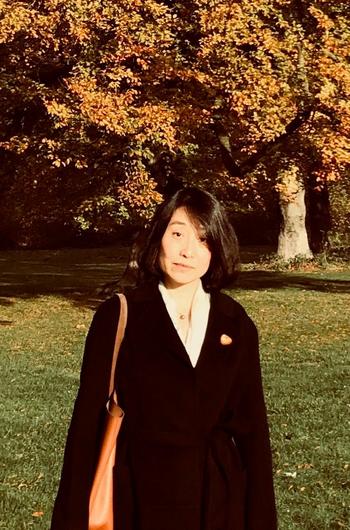Prof. Dr. Shen Hou

Fellow in the project "Epochal Lifeworlds: Narratives of Crisis and Change"
Short Biography
Dr. Shen Hou is professor of environmental history in History Department, Peking University, Beijing. She was a Carson Fellow at the Rachel Carson Center for Environment and Society in 2011 and 2013. She is the author of The City Natural: Garden and Forest Magazine and the Rise of American Environmentalism (English, 2013), and Cities without Walls: Nature and Urban Places in American History (Chinese, 2021). She is currently finishing a book on Boston’s environmental history and working on a book project about coastal cities.
Project
From Fishing Village to Modern City: Contrasting Narratives about the Making of Qingdao, ChinaQingdao was the first and only German colony in the Far East, established in 1898 when China was undergoing a profound change from a self-sufficient, ethnocentric, agrarian empire into a globally connected modern state. Historians have offered political, economic, cultural, and military analysis of it, but they have not paid enough attention to the human relationship with nature and the environment. Qingdao is a good place to investigate the upheaval that colonization brought to the old ecological order. Germany’s invasion became a huge challenge to the people living on that sandy peninsula, who were driven toward modernization and urbanization. Many gave up their fisherman’s identity, their old connection to the sea. This project aims to explore the German and Chinese narratives of transformation before and after a city rose there—narratives focused on local livelihood and ancient ecological relations versus new relations the Germans introduced.
For more than two thousand years, the peninsula had been regarded as marginal land, uninteresting to a distant state as a source of tribute because of its poor soil condition, low-level agriculture, and shortage of big rivers linking it to inland cities. The descriptions offered by both Chinese and Germans visiting the place echoed one another: “sterile,” “bleak,” “desolate”. Yet the Germans imagined a glowing future for the place based on their technological confidence, overseas trade ambition, and appealing temperate, sunny seacoast. For them, this desolate site could become a modern city by the sea, a powerful aesthetic resource.
A crisis ensued for many locals-- a sense of loss as the natural environment they had relied on was reshaped and reinterpreted by the invaders. The Germans came to this old land to build a modern world and life at the expense of a scattering of fishing villages. That ambition was not completely resisted by the locals, but their adjustment over time could be called traumatic.
